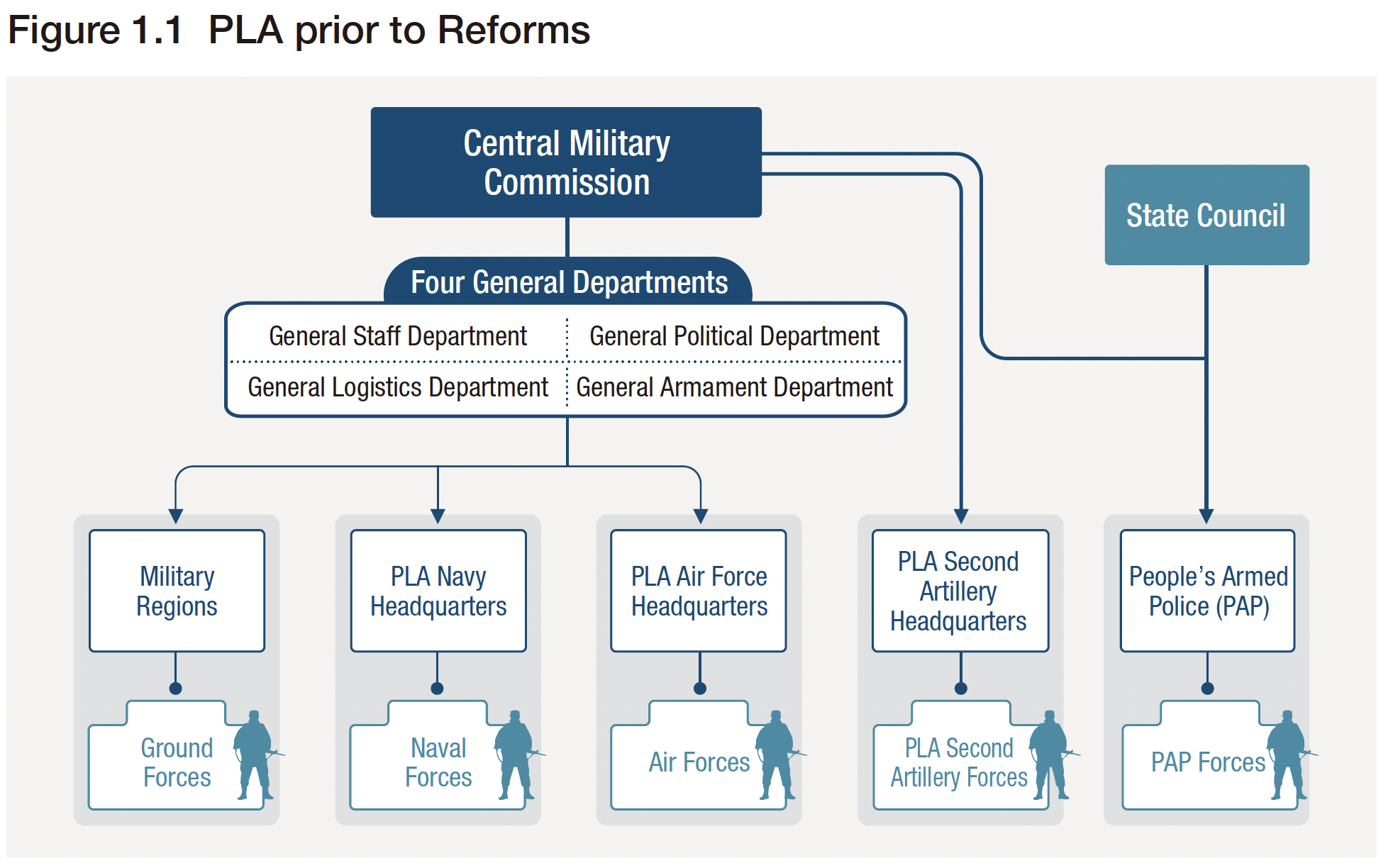Harvard's Future: A Conservative Professor's Perspective

Table of Contents
The Shifting Political Landscape and its Impact on Harvard
The growing political polarization in the United States significantly impacts Harvard's environment and its future. This polarization creates both challenges and opportunities for the university.
Increased Political Polarization
The increased political divide creates a complex environment within Harvard. This manifests in several key areas:
- Increased pressure to take stances: Harvard faces mounting pressure to publicly endorse specific political positions on controversial issues, potentially alienating segments of its donor base and alumni network.
- Potential for decreased funding: Political polarization can lead to decreased funding from sources with opposing political viewpoints, impacting research initiatives and financial stability.
- Growing internal tension: The diverse political viewpoints within the student body and faculty can lead to increased tension and debate, requiring careful navigation by university leadership. Managing these differing viewpoints is crucial for maintaining a productive and inclusive learning environment.
The Rise of Conservative Voices
A counter-narrative is emerging, challenging the traditionally liberal dominance at Harvard. This shift is demonstrably impacting the university's culture and discourse:
- Increased conservative student enrollment: A growing number of students with conservative viewpoints are enrolling, demanding a more representative academic environment.
- Growth of conservative student organizations: The establishment of conservative student groups and organizations provides a platform for these students to voice their opinions and engage in political discourse.
- Calls for faculty diversity: There's a growing demand for greater ideological diversity within the faculty, ensuring a broader range of perspectives are represented in teaching and research. This diversity is essential for a balanced and comprehensive education.
Impact on Curriculum and Research
The political climate could significantly alter Harvard's curriculum and research priorities:
- Curriculum diversification: Pressure to reflect a wider range of political perspectives might lead to changes in course offerings and teaching materials. This could involve incorporating alternative viewpoints into existing courses or developing new courses focused on conservative thought.
- Research funding shifts: Funding priorities might shift depending on the political leanings of funding agencies, potentially influencing the direction of research undertaken at the university.
- Debates on intellectual freedom: Balancing the pursuit of knowledge with the expression of potentially controversial viewpoints will necessitate ongoing debates regarding intellectual freedom and academic freedom within the university.
Evolving Academic Priorities and the Future of Higher Education
Harvard, like other elite universities, faces significant challenges related to the evolving landscape of higher education.
The Cost of Higher Education
The escalating cost of a Harvard education presents a major challenge:
- Accessibility concerns: The high cost limits accessibility for students from lower socio-economic backgrounds, raising questions about equity and opportunity.
- Increased student debt: Students increasingly rely on loans, potentially incurring substantial long-term debt, impacting their future financial stability.
- Return on investment debates: The ever-increasing cost necessitates a continuous evaluation of the value and return on investment of a Harvard education in the context of the broader job market.
Technological Advancements
Technological advancements are transforming higher education, requiring Harvard to adapt:
- Rethinking teaching methods: Traditional teaching methods must be re-evaluated and potentially replaced with innovative approaches incorporating technology.
- Investment in online learning: Investment in online learning platforms and technologies is essential to meet the evolving needs and expectations of students.
- Meeting student expectations: Harvard must adapt to the changing learning styles and technological proficiency of its students.
Competition from other Universities
Harvard faces intense competition from other top universities globally:
- Maintaining academic excellence: Continuous innovation and improvement in academic programs are crucial for maintaining its competitive edge.
- Investing in research: Significant investment in research and development is necessary to remain at the forefront of academic discovery.
- Attracting top talent: Attracting and retaining top-tier faculty and students is essential for upholding Harvard's reputation for excellence.
The Role of Harvard in Society: A Conservative Perspective
A conservative perspective emphasizes certain crucial aspects of Harvard's societal role.
Balancing Academic Freedom with Social Responsibility
Harvard must navigate the complex relationship between academic freedom and social responsibility:
- Finding the right balance: A delicate balance must be struck between fostering open inquiry and addressing the ethical and social implications of research and education.
- Community impact: The university must consider its impact on the surrounding community and society as a whole.
- Social justice considerations: Engaging with the complexities of social justice and equity within the university is essential for creating a truly inclusive environment.
The Importance of Free Speech and Open Debate
From a conservative viewpoint, the protection of free speech is paramount:
- Protecting free speech: Harvard must actively protect free speech and open debate, even on contentious issues.
- Encouraging diverse viewpoints: Fostering an environment where diverse viewpoints are not only tolerated but actively encouraged is crucial.
- Managing conflict respectfully: Establishing clear guidelines and mechanisms for handling disagreements and conflicts respectfully is essential for maintaining a productive learning environment.
Conclusion
Harvard's future is undeniably complex and multifaceted. From escalating political polarization to the evolving landscape of higher education, the challenges are significant. A conservative perspective highlights the need for balanced viewpoints, careful stewardship of resources, and a renewed commitment to the principles of free speech and open debate. Understanding these perspectives is crucial for navigating the future of Harvard's role in society. To learn more about the diverse opinions shaping Harvard's future, continue exploring discussions on Harvard's future and its evolving role in the 21st century.

Featured Posts
-
 Analyzing The Us China Contest For Influence A Critical Military Base
Apr 26, 2025
Analyzing The Us China Contest For Influence A Critical Military Base
Apr 26, 2025 -
 The Perilous Practice Of Betting On Natural Disasters The La Wildfires Case Study
Apr 26, 2025
The Perilous Practice Of Betting On Natural Disasters The La Wildfires Case Study
Apr 26, 2025 -
 Ahmed Hassanein Poised To Make Nfl Draft History As Egypts First
Apr 26, 2025
Ahmed Hassanein Poised To Make Nfl Draft History As Egypts First
Apr 26, 2025 -
 American Battleground David Vs Goliath A Power Struggle
Apr 26, 2025
American Battleground David Vs Goliath A Power Struggle
Apr 26, 2025 -
 Confronting Power The American Battleground And The Worlds Richest
Apr 26, 2025
Confronting Power The American Battleground And The Worlds Richest
Apr 26, 2025
